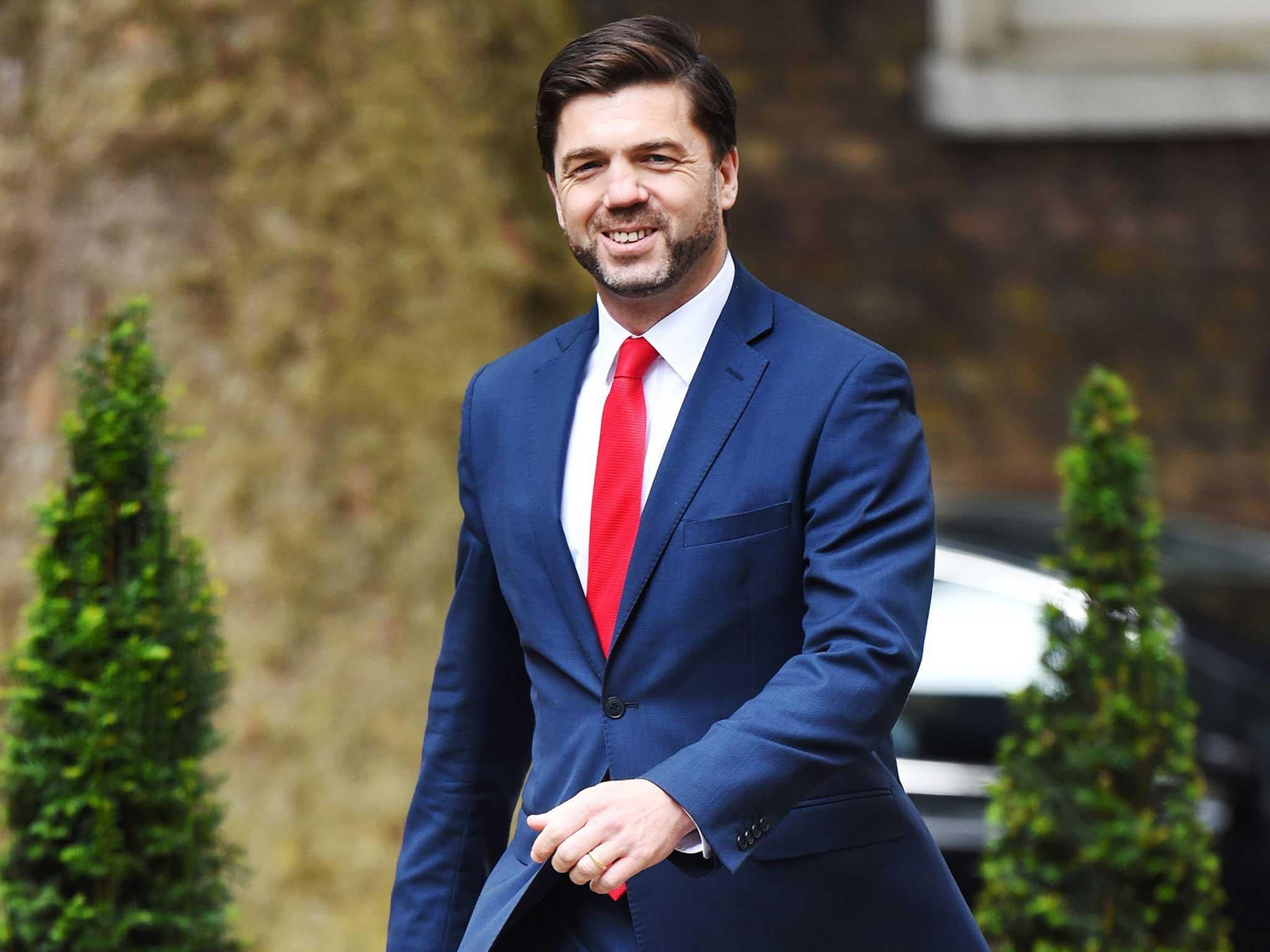Pensions: Stephen Crabb and IDS are right to call for a rethink on the triple lock and Brexit is the reason why
It was unfair to persist with generous guaranteed rises to pensions while other groups paid the price of austerity well before a majority of those benefitting from them voted to kick the economy in the guts

Your support helps us to tell the story
From reproductive rights to climate change to Big Tech, The Independent is on the ground when the story is developing. Whether it's investigating the financials of Elon Musk's pro-Trump PAC or producing our latest documentary, 'The A Word', which shines a light on the American women fighting for reproductive rights, we know how important it is to parse out the facts from the messaging.
At such a critical moment in US history, we need reporters on the ground. Your donation allows us to keep sending journalists to speak to both sides of the story.
The Independent is trusted by Americans across the entire political spectrum. And unlike many other quality news outlets, we choose not to lock Americans out of our reporting and analysis with paywalls. We believe quality journalism should be available to everyone, paid for by those who can afford it.
Your support makes all the difference.Stephen Crabb has become the latest ex minister to call for a review of the so called “triple lock” guarantee that ensures state pensions rise at the rate of inflation, average earnings, or 2.5 per cent, whichever is higher, until at least 2020.
In questioning the lock when other benefits are being cut, he joins Iain Duncan Smith, his predecessor at the Department for Work & Pensions, who has tabled similar arguments, the Work & Pensions Committee, several other MPs, and a small army of talking heads. I’m among them. But I’m not sure Mr Crabb would agree with my reasons, and I’m absolutely certain IDS wouldn’t.
To summarise, their point is that the triple lock is unjustifiable at a time when the Government’s Universal Credit is slated to be cut, a move which will hit “hard working families” (am I the only person who finds that phrase patronising) hard. An entirely valid view.
My argument for why the lock should go is a just a bit more controversial.
The demographic that has been enjoying the fruits of it voted to kick the UK economy in the guts while, at the same time, dealing a savage blow to the millennials who bore the brunt of austerity in the wake of the financial crisis. You’ll have guessed, by now, that I’m talking about Brexit and the baby boomers that delivered it.
The damage from that act of self harm will be most keenly felt by the young. They face no longer being able to work anywhere they want within the EU. They will also have to seek jobs in an economy that will prove less able to provide them as companies react to uncertainty by slashing investment (according to the Centre for Economics and Business Research we’ve already lost more than £60bn). All this when a big majority of them voted the other way.
It would be unconscionable for the young, having endured some of the greatest privations of the austerity years, to be asked to pay the price for an act of political lunacy they never asked for. All the more so, if those that did are shielded from the consequences of their actions.
Now I’m well aware that there are, among the boomers, some people who are not terribly well off. Even after the rises delivered by the lock, the UK pension system isn’t exactly generous when compared to what is offered by many European countries.
And the baby boomers didn't all vote out. Some of them even campaigned for Remain. In arguing this case, I could be seen as being very unfair to them.
It is indeed regrettable that they should suffer as a result of their peers’ behaviour. But that’s when you come back to Messrs Crabbe and Duncan Smith, and the benefits for working families that are being cut.
The triple lock was unfair before the EU Referendum was even the germ of an idea in the head of former Prime Minister David Cameron. At a time when his Government was preaching that “we’re all in it together” he and his colleagues carefully protected the baby boomers, even to the extent that several benefits they either enjoy or are coming into (buss passes, free TV licences) have been retained by some of the wealthiest among them. Former chief executives, for example, or first division civil servants on coper bottom final salary pension schemes.
It is even less fair now that the country is tacking into uncertain, and potentially quite scary (if you care to think deeply enough about it) economic waters.
Before any Brexiteers reading this blow a gasket and start crafting their ad hominem attacks to post below this piece, I’m not arguing here for a cut to the state pension. I don’t want to see Mrs Miggins from Morecambe struggling to keep fed and warm over the winter. In dumping the triple lock, you don’t have to freeze pensions or pensioners. You just have to bring some sanity to the cost they are imposing on a working population that is going to struggle.
The simple answer is to restore the index link so that the value of the state pension rises with inflation (and is thus protected from it). Another consequence of Brexit is that inflation is coming back, so there won’t be any of those 12p a year rises to state pension stories in the press, that, in part, led to the creation of the triple lock in the first place.
Join our commenting forum
Join thought-provoking conversations, follow other Independent readers and see their replies
Comments